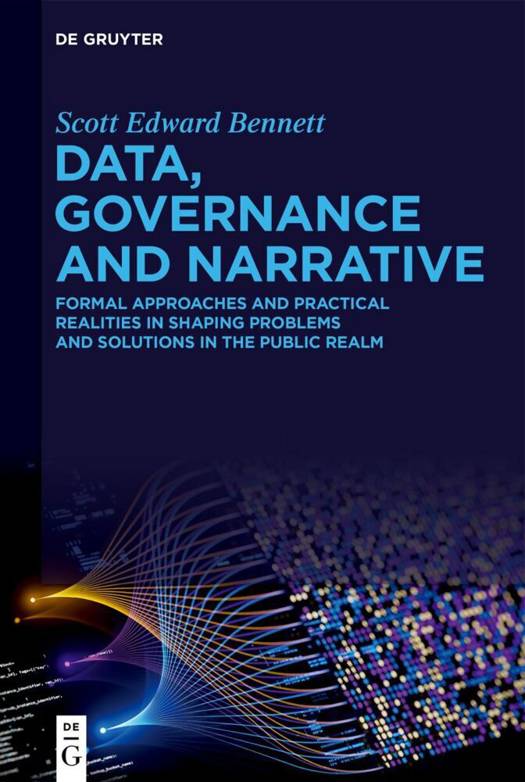
- Retrait gratuit dans votre magasin Club
- 7.000.000 titres dans notre catalogue
- Payer en toute sécurité
- Toujours un magasin près de chez vous
- Retrait gratuit dans votre magasin Club
- 7.000.0000 titres dans notre catalogue
- Payer en toute sécurité
- Toujours un magasin près de chez vous
Data, Governance and Narrative
Formal Approaches and Practical Realities in Shaping Problems and Solutions in the Public Realm
Scott Edward BennettDescription
This book examines how participants in governance and public affairs use data and information in defining public problems and their solutions. It is based on 18 in depth interviews with various kinds of participants in the public realm in Canada and the UK, from legislators, interest group representatives, journalists and civil servants. Responses are examined against the backdrop of two classical perspectives on decision making. It explores the types of data respondents emphasized in their work and what model of decision-making best reflected the realities of defining problems and selecting solutions in governance. The book demonstrates how there is a significant interplay between the long- and short-term aspects of governance. Narratives and data are inextricably intertwined in governance. The book explores the role of narratives in linking portrayals of the public good to problem definition and solution creation. It presents practical insights on how to approach generating and using data for the guidance of governing decisions, the implications of various kinds of research designs and for the normative practice of governance.
Spécifications
Parties prenantes
- Auteur(s) :
- Editeur:
Contenu
- Nombre de pages :
- 149
- Langue:
- Anglais
Caractéristiques
- EAN:
- 9783111486406
- Date de parution :
- 31-03-25
- Format:
- Livre relié
- Format numérique:
- Genaaid
- Dimensions :
- 156 mm x 234 mm
- Poids :
- 390 g

Les avis
Nous publions uniquement les avis qui respectent les conditions requises. Consultez nos conditions pour les avis.






